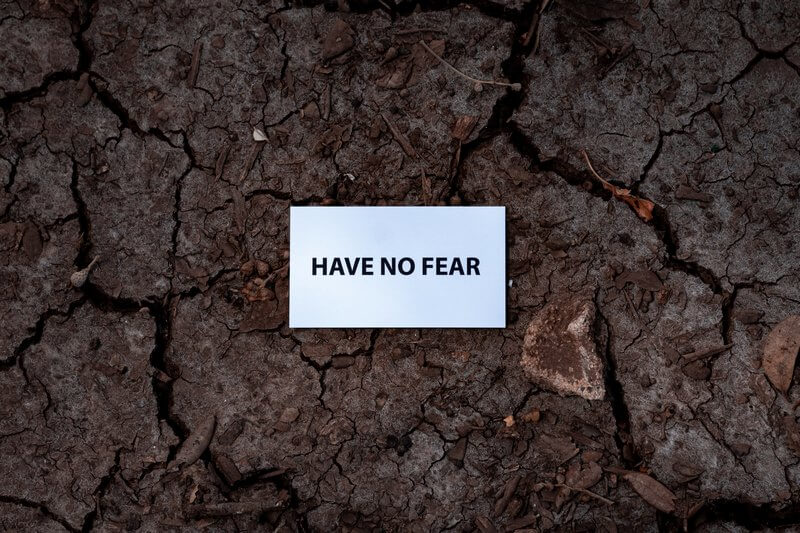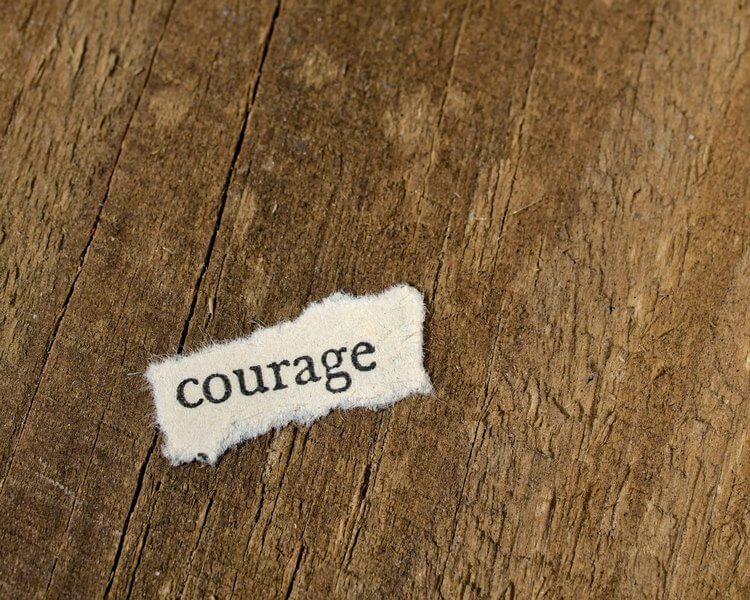
Disaster Empire book review
The Courage to Be Disliked by Ichiro Kishimi & Fumitake Koga is an international bestseller that’s sold over 3.5 million copies worldwide. A phenomenon in its native Japan, reading this book could change your life. The book summaries Alfred Adler, a medical doctor, psychotherapist, and individual psychology school founder’s work. It takes the reader through a philosophical journey of teacher and student. The authors provide a narrative background that instructs the reader about individual psychology.
A counterpoint to Sigmund Freud, Adler was a contemporary but split from the Austrian psychoanalytic circle. So, I encourage you to check out his biography. However, reading The Courage to Be Disliked teaches how to free yourself, change your life and achieve real happiness. I am re-reading it for a second time expecting more insights.

Lessons for resilience practitioners
How does this relate to resilience? Most practitioners, especially Business Continuity, can suffer from an inferiority complex. Often considered a check-the-box exercise with little practical value, Business Continuity Management (BCM) gets pigeonholed as a compliance activity. Worse, continuity gets undervalued for its ability to provide Return on Investment (ROI).
A central idea in the book is overcoming limiting beliefs. We all realize we shouldn’t let past difficulties influence the here and now. In How To Increase Participation In BCM Programs, I share that unknowns can interfere with success. To overcome this, we demystify BCM. So, adopting a fearless attitude helps push through mental restrictions.

Embracing the mindset of the quiet achiever
Yet, the pandemic put Business Continuity and aligned disciplines at the forefront. Especially for BCM, many corporations recognized that established programs bore fruit. I’m sure someone is conducting a retrospective, and I’d love to see that analysis. However, as much as I like hearing continuity become part of the business lexicon in strategy discussions, what matters is its value is recognized.
Adler’s psychological attributes are applicable to design thinking for resilience. Today, competition and comparison in business are no longer relevant. The actual reward is the learning journey and process completion. Last, his central philosophy is that liberation comes from denying the need for individual recognition. Said another way, the reward comes from a job well done.

Accepting not everyone travels the resilient path
Resilience relies on collaborative engagement. Achieving this can be challenging in many corporate environments. However, I agree with Louise Hay’s observation that business is where we bless and prosper each other. Like her, I never understood the concept of cutthroat business, where you try to cheat and put one over on the other person. That doesn’t sound like a joyous way to live. With so much bad going on in the world today, who has time for that?
Business resilience requires team cooperation and vigilance to thrive. Adler’s philosophy espouses that freedom includes respecting differences and differing opinions. But, sometimes, to achieve higher goals, we must risk dislike. Yet, for a resilient culture to take hold, respective disciplines must work together for optimal organizational health.
Some hardened professionals might view this as idealistic. There will always be people who disagree. But, I see it as the best way to build corporate sustainability. Consequently, I recommend applying Adler’s principles to your life and translating them to building resilience in the workplace. I highly recommend checking out the book.
